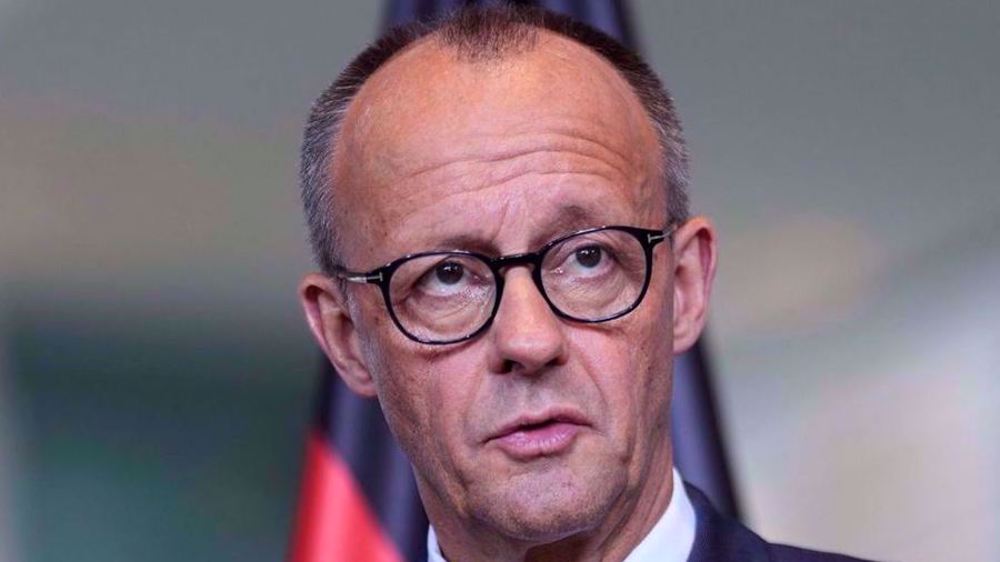US, Britain no longer reliable partners for EU: Merkel
German Chancellor Angela Merkel has warned members of the European Union (EU) that they should no longer count on the United States and Britain as reliable partners, saying that the continental bloc "must take its fate into its own hands.”
Merkel said Sunday that the EU is faced with an alliance in West divided by presidency of Donald Trump in the US and Britain’s decision to leave the EU, adding that a recent summit of seven wealthy nations, known as G7, in Belgium, proved that EU’s intimate bonds with the two countries were no longer tenable.
“The times in which we could completely depend on others are on the way out. I've experienced that in the last few days," Merkel said while addressing an election rally in Munich, southern Germany.
She said Germany and France, as the two dominant forces in the EU, have to seek broader relations to compensate for the lack of commitment shown by the US and Britain.
"We Europeans truly have to take our fate into our own hands,” Merkel said, adding, "we have to fight for our own destiny”.
The comments came a day after Merkel expressed frustration at the way Trump handled a debate on climate change in the G7 summit. All other six members of the group said they would stick to the terms of a landmark climate deal reached in Paris in 2015 but Trump said he would announce his position on the issue next week. Merkel said after the meeting that the “discussion on the topic of climate was very difficult, not to say very unsatisfactory.”
During his presidential campaign, Trump had vowed to revise US commitments under the Paris Agreement, saying the deal, which he had branded as a Chinese hoax, would seriously harm jobs inside the United States while it hugely benefits countries like China.
Trump and European governments have clashed on other issues, including Trump’s criticism that NATO allies have repeatedly failed to meet the defensive alliance's military spending commitment of 2.0 percent of GDP.
Renewed interest in an alliance with Russia
In important remarks, the German chancellor also stressed the importance of seeking new alliances “wherever that is possible, including with Russia, but also with others.”
“We need to know we must fight for our own future, as Europeans, for our destiny,” Merkel said.
European cohesiveness was recently threatened with a British referendum in which people voted for the United Kingdom to leave the European Union (EU). The prospect of a Brexit — a British exit from the EU — has raised the likelihood of other disgruntled member states also potentially moving toward a departure of their own. Such tendencies were most recently displayed in France, and Greece, too, has toyed with the idea of a Grexit in the past.
Germany under Merkel is considered the leader and the biggest advocate of European unity.
Trump, a business tycoon who had done no work in governance or diplomacy before he became the US’s president, and his coterie have in the past indicated an interest in the collapse of the EU as a politico-economic bloc.
VIDEO | Press TV's news headlines
Palestinian factions denounce US for offering ‘consular services’ inside West Bank settlement
Iran, Oman FMs meet ahead of third round of indirect nuclear talks with US
VIDEO | UN commemorates Mother Language Day with celebrations
VIDEO | Pakistan, Afghan Taliban trade accusations after border clash
VIDEO | Venezuela races against time to rebuild homes bombed by US
Ex-IAEA chief warns US of ‘horrific’ costs of war on Iran
India’s Modi visits occupied territories to deepen ties with Israel despite Gaza genocide












 This makes it easy to access the Press TV website
This makes it easy to access the Press TV website